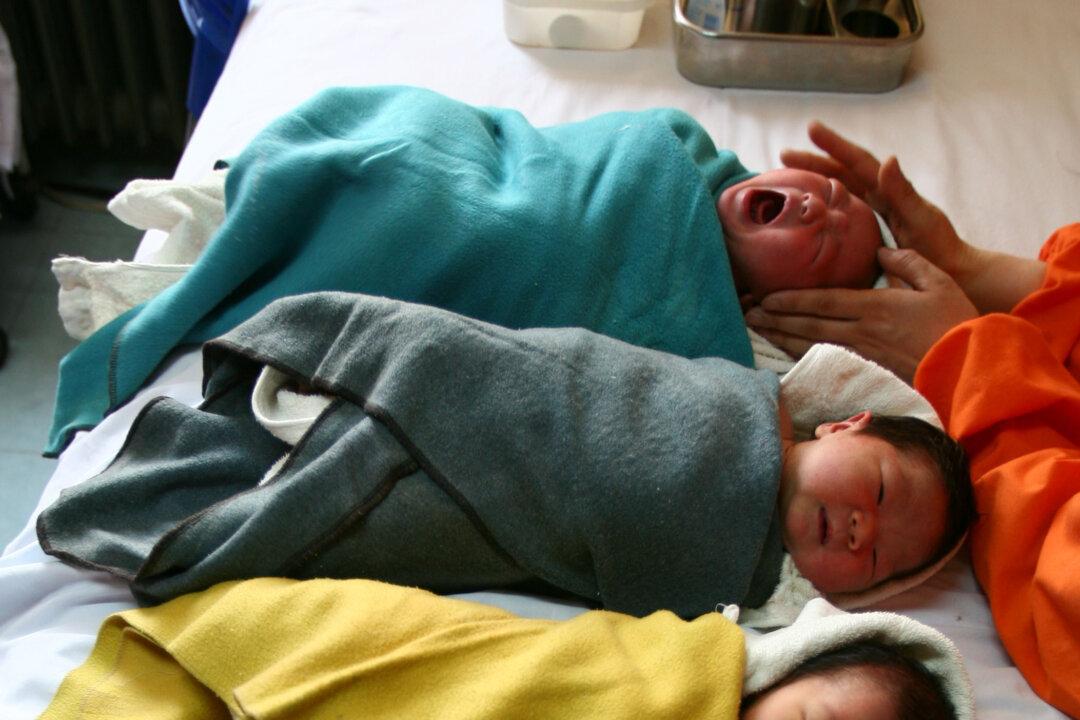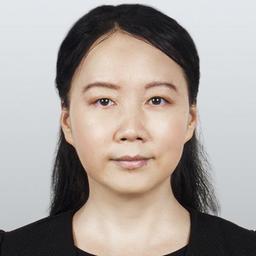On July 20, the State Council of the Chinese Communist Party (CCP) officially issued a document which not only allows three children for each family but also introduces a number of policies to encourage childbirth, indicating the regime’s eagerness to get Chinese people to have more children.
Other than giving permission for parents to have a third child, the document also abolishes fines for over-birth, lifts restrictions on residency registration, school admissions, and jobs for “over-born” children—a term created during the one-child era, referring to the second or third child. It also actively develops inclusive kindergartens, ensures after-school childcare services; and gives child-rearing families personal income tax benefits, public rental housing, and housing support.





